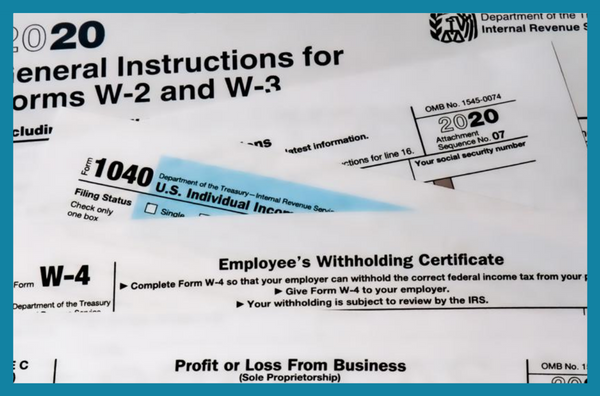Why Would the IRS Reject a Tax Return?
There are many reasons why the IRS would reject a tax return with most involving simple mistakes. Fortunately, whether you fill out your tax return electronically or on paper, it is usually relatively easy to fix most errors. However, you must act promptly to ensure you don’t miss the filing deadline, especially since some problems may take longer than anticipated to correct. The best way to avoid issues with your tax return is to thoroughly review it before filing. If you have questions, consult a tax professional. While some inaccuracies may cause your return to be rejected; others can result in an audit. Either way, you want to avoid the stress. If you are audited and the mistake is not a simple typo, consult a tax lawyer for advice in dealing with the IRS.
What Are Common Reasons That the IRS Rejects a Tax Return?
Often, tax returns are rejected because the taxpayer submitted incorrect information. For example:
- Mismatched personal information. Your name, date of birth, and/or social security number (SSN) don’t match what the IRS has on file.
- Dependents claimed on multiple returns. You and your ex-spouse both claimed the same dependent child on your returns or your dependent filed his or her own tax return.
- Incorrect Employer Identification Number (EIN). The EIN on the tax return does not match what the IRS has in its database.
- Duplicate return filed. Another return with your SSN was previously filed for the same tax period.
- Omitted your Identity Protection PIN on the return. If you have a PIN but don’t know it, you will have to request a new one in order to file your tax return.
- Your Individual Taxpayer Identification Number (ITIN) In this case, you must renew your ITIN before filing an amended return.
- Adjusted Gross Income (AGI) doesn’t match. The IRS will verify your identity when e-filing by asking for your AGI from your most recent tax return. However, because of IRS backlogs, your prior year’s tax return may not have been processed yet resulting in an error when you try to e-file. There are workarounds available depending on your situation.
How Do You Know Why Your Return Was Rejected?
If you filed electronically, the IRS will send you an error code and explanation of why the e-filed return was rejected. If a company electronically filed the return for you, they will have to notify you of the error and correct the return.
Taxpayers who send tax returns by mail will also be informed of the reason for rejection.
What Should You Do If Your Tax Return is Rejected?
In many cases, you may be able to simply fix the error and e-file the corrected return. However, if someone used your SSN to file a fraudulent return, you will need to send your return by mail. You should also review IRS recommendations on addressing identity theft in that situation.
Do You Need a Tax Attorney?
Most of the mistakes discussed above, don’t require consulting a tax lawyer, but you may want to talk to an accountant, tax preparer, o
r the IRS regarding what to do if you are unclear about how to fix a problem. However, if you submit a tax return with other types of errors and it is accepted by the IRS, you could get audited. In that situation, it is a good idea to speak with a tax attorney unless it is a simple error you can easily fix.
If you receive an audit notice, contact us for a consultation.



